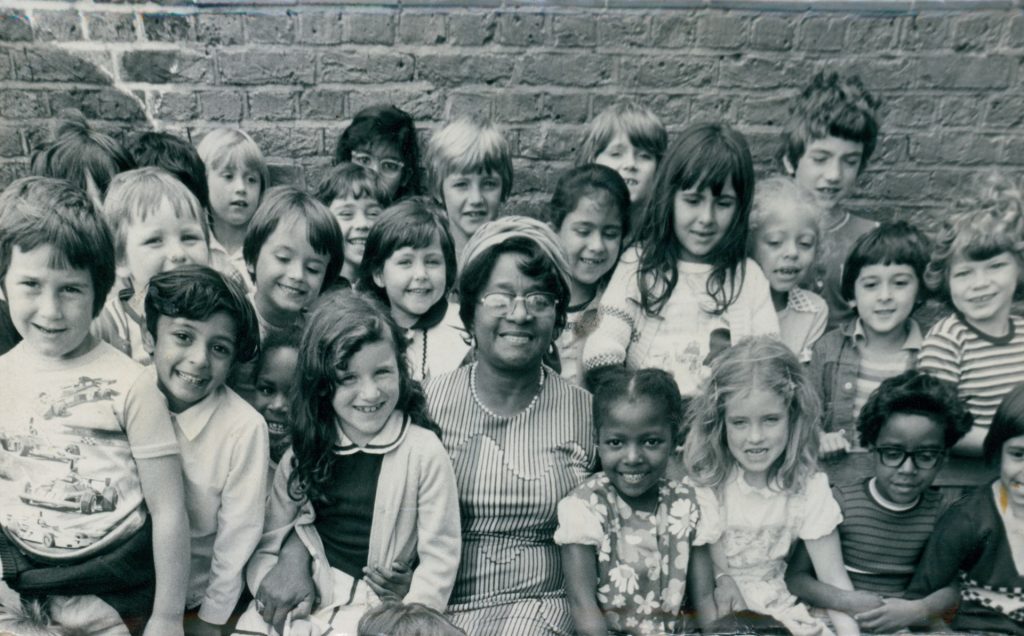IOE Blog in 2022: an age of anxiety with glimmers of hope
By Blog Editor, IOE Digital, on 3 January 2023

Credit: Startup Stock Photos
Diane Hofkins.
Few of us will have been sad to see the end of the year 2022, and yet, throughout the year, our IOE writers sought to make things better. They analysed findings on topics from dyscalculia to climate change to exams to international development and proposed ways forward.
Take for example Sandra Leaton Gray and Andy Phippen’s helpful February post about children and internet safety, with its down to earth advice on listening to children and talking through concerns and its reassurance that most children use the internet safely. This post also featured my favourite illustration of the year (see above). Or Katya Dowdle’s debate-provoking proposals for more oral exams in higher education (HE). For (more…)
 Close
Close



 School leadership took on new importance
School leadership took on new importance






